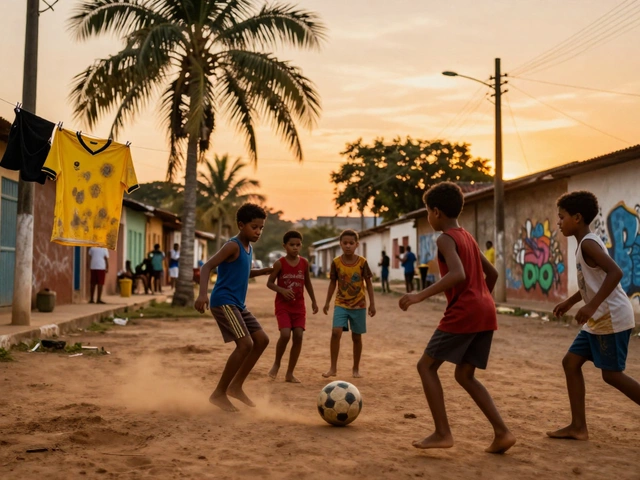FIFA: What It Is, How It Works, and Why It Matters in Global Football
When you think of international football, you’re thinking of FIFA, the global governing body for football (soccer) that sets rules, organizes tournaments, and oversees national associations. Also known as the Fédération Internationale de Football Association, it’s the only organization with authority over the sport from the World Cup down to grassroots development in over 200 countries. This isn’t just about who wins the trophy every four years—it’s about who decides the rules, who funds the pitches, and who controls the calendar that shapes every player’s career.
FIFA doesn’t just run the FIFA World Cup, the most-watched sporting event on the planet, drawing over 5 billion viewers across tournaments. It also governs women’s football through the FIFA Women’s World Cup, a tournament that has grown from 12 teams in 1991 to 32 in 2023, with record-breaking attendance and broadcast deals. Below that, it oversees youth tournaments, futsal, beach soccer, and even the qualification systems that determine which nations get to compete. It sets transfer rules, referee standards, and even the design of the ball used in official matches. Without FIFA, there’s no unified structure for international football—no consistent rules, no global rankings, no path for a kid in Brazil or Nigeria to dream of playing on the world stage.
But FIFA’s influence goes beyond the pitch. It’s tied to broadcasting rights, sponsorships, and the economic health of national federations. Countries invest millions just to qualify, and clubs release players for international duty because FIFA mandates it. The organization has faced criticism, yes—but it’s also the reason why small nations like Iceland or Jamaica get to compete against giants like Brazil or Germany. It’s the reason you can watch a match from Qatar or Jamaica on your TV, no matter where you live.
What you’ll find in the posts below isn’t just news about tournaments. It’s the real stories behind the scenes: how football is structured, who controls it, and how it affects players, fans, and even local communities. Whether you’re wondering why the World Cup happens every four years, how qualifying works, or why some countries dominate while others struggle to get a team on the field, the answers start with FIFA.
FIFA Football (Soccer): The World's Game Explained in Detail
Learn what FIFA football (soccer) is with clear facts about the game's rules, history, big tournaments, and tips for getting involved. For fans and newbies alike.





